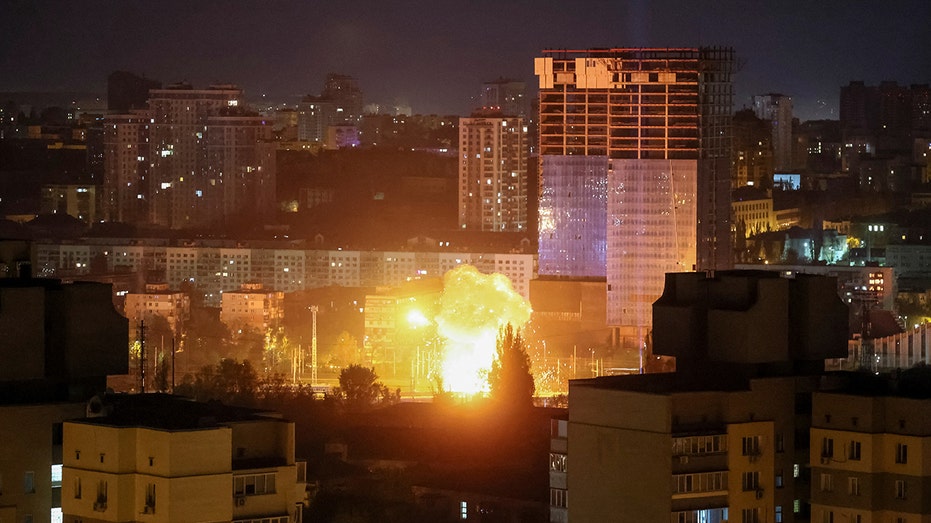Ukraine’s Drone Attack Sparks U.S. Security Concerns at Sensitive Domestic Sites
Senators across the Great Plains push for stronger foreign investment safeguards to shield military sites from surveillance threats.

Ukraine’s recent drone assault on Russian installations has cast a stark spotlight on America’s own vulnerabilities, igniting fresh debate in Washington over the nation’s security preparedness. As U.S. officials and experts parse the implications of Kyiv’s surprise attack, concerns have increasingly centered not just on military technology, but also on the less conspicuous threats posed by foreign entities acquiring land near sensitive American sites.
Over the past few years, entities linked to the Chinese Communist Party have made significant commercial inroads into U.S. real estate, particularly in proximity to critical infrastructure like the Grand Forks Air Force Base in North Dakota. The 2021 purchase of a 300-acre parcel near the base by the Fufeng Group raised bipartisan alarms, prompting swift legislative responses—notably in Florida, where state leaders enacted bans on similar foreign land acquisitions.
This week in Washington, lawmakers from North Dakota underscored the urgent need for vigilance against such encroachments. “When adversaries can buy our land, attend our universities, photograph silos in our prairies, or perform aerial surveillance, they have more opportunities to be nefarious,” warned Senator Kevin Cramer. The senator emphasized that foreign actors must never be presumed benign, highlighting the increasing sophistication of espionage methods, from direct surveillance to the potential use of drones for sabotage.
Senator John Hoeven, also of North Dakota, reinforced this sentiment, detailing efforts underway to modernize federal oversight of foreign investment. Central to these efforts is updating the Committee on Foreign Investment in the United States (CFIUS) review process, with an eye toward scrutinizing purchases that could expose military assets or critical infrastructure to unwanted surveillance or interference. Hoeven is supporting legislation—led by South Dakota’s Senator Mike Rounds and backed by members across the aisle—to ban land purchases by individuals or entities connected to China, Russia, Iran, and North Korea near sensitive federal sites.
Bipartisan support for such restrictions continues to grow, as lawmakers like Senator Catherine Cortez-Masto of Nevada argue, “It is common sense that we should not allow our foreign adversaries to buy agricultural land next to these locations.” With high-security zones such as Nellis Air Force Base and Area 51 in her home state, Masto’s advocacy further signals the broad national stakes in play.
The proposed crackdown extends beyond real estate, with parallel initiatives focused on developing new technologies to safeguard domestic military bases from drone threats and other unconventional attacks. Meanwhile, voices from the private sector, including the South Dakota Soybean Association, echo these security imperatives, stressing the need to keep farmland out of foreign hands for both national security and agricultural resilience.
As Ukraine’s use of innovative warfare tactics reverberates globally, U.S. officials are warning it may take a “major drone strike” or a significant breach to prompt sweeping changes in American defense policy. In the words of Senator Rounds, America’s “near-peer adversaries… are looking for any possible opportunity to surveil our nation’s capabilities and resources.” The current debate signals a bipartisan awakening to the complex and evolving nature of modern national security threats—both visible and hidden.




